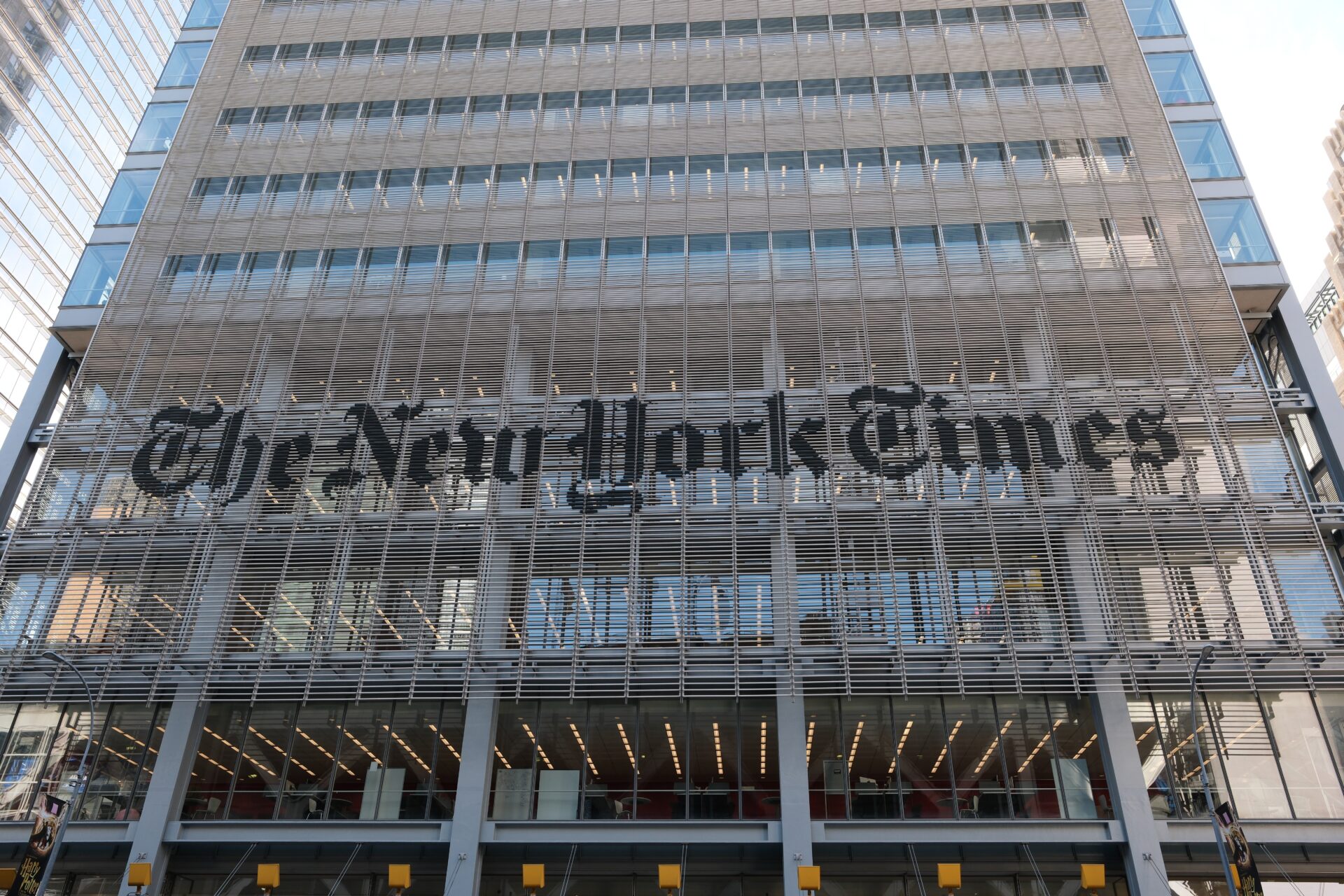
Orthodox Leader ATTACKS Journalism!
Duvi Honig, CEO of the Orthodox Jewish Chamber of Commerce, described The New York Times as a “terrorist organization” during an interview in Jerusalem, renewing debate over media bias, ethics, and coverage of the Israel–Hamas conflict.
At a Glance
- Duvi Honig criticized major U.S. media outlets for coverage of Israel and Hamas
- The Orthodox Jewish Chamber of Commerce launched a Starbucks boycott in 2023
- A CNN analyst drew scrutiny over remarks regarding a Hamas member
- Media reporting on Gaza remains a central point of contention
- Journalists face challenges in maintaining accuracy during conflict coverage
Honig’s Critique
Speaking at the King David Hotel in Jerusalem, Duvi Honig criticized U.S. media outlets including The New York Times and CNN. He argued that their coverage of the conflict has spread misinformation and posed risks to both Israelis and Palestinians. His remarks included a description of The New York Times as a “terrorist organization,” underscoring the firmness of his position.
Watch now: Duvi Honig Statement on Media Bias · X
EXCLUSIVE: Jewish CEO Rips ‘Terrorist’ NYT for Being Hamas Mouthpiece https://t.co/GrVJXY4S58
— Duvi Honig (@Duvi_Honig) August 20, 2025
Honig founded the Orthodox Jewish Chamber of Commerce (OJC) following the 2008 financial crisis. The organization now engages in global advocacy, with recent initiatives addressing corporate and media positions on Israel. One of its more visible actions was a boycott of Starbucks after the company’s union expressed support for Palestinians following Hamas attacks.
Media Coverage Debate
Honig’s comments contribute to an ongoing discussion about how media outlets portray conflicts in Gaza. CNN, for instance, drew attention when analyst Kimberly Dozier made remarks involving a Hamas operative. Critics argue that certain narratives can appear sympathetic to militant groups or dismissive of Israeli concerns, while defenders of the outlets emphasize adherence to established journalistic standards and the importance of presenting multiple perspectives.
The broader debate reflects long-standing tensions over how global media report on the Israeli–Palestinian conflict. Coverage decisions, including framing, source selection, and headline language, often shape public perception and spark disputes over accuracy and fairness.
Reactions and Implications
The OJC’s boycott of Starbucks highlights the potential for advocacy groups to influence corporate decisions linked to geopolitical issues. Similar campaigns could affect how businesses position themselves on sensitive international matters.
In the media sector, Honig’s remarks have intensified scrutiny of reporting standards. While some advocacy groups call for stricter accountability in war coverage, others caution that labeling established outlets with extreme terms risks eroding trust in journalism as a whole. The ongoing debate underscores the difficulty of maintaining credibility, accuracy, and neutrality when reporting in conflict environments.
Sources
InfluenceWatch
Newsmax
DuviHonig.com
New Jersey Senate


